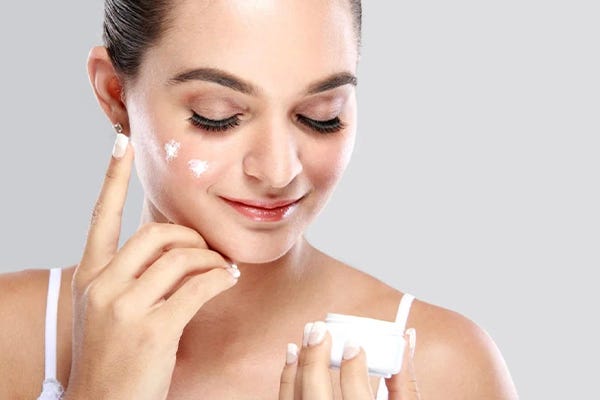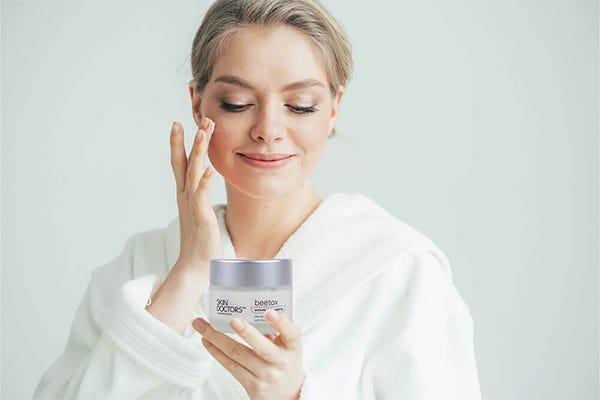How to Control Oily Skin: Causes, Treatment, and Tips
Does your skin have a little extra shine to it?
Everyone’s skin produces natural oils to keep it hydrated and healthy. However, in some people, their skin can produce a little too much oil, which results in oily skin that can feel greasy and lead to breakouts. But you don’t need to worry, as there are simple ways to help manage oily skin to get your nice, natural glow back, without the shine.
Here’s a complete guide to all the things you need to know about oily skin and what to do to get the best results.
What is oily skin?
As the name suggests, oily skin is when the surface of your skin appears shiny and congested due to a higher production of the natural oils, or sebum, our skin produces.
Sebum helps keep skin hydrated and healthy. However, excessive production of it by the sebaceous glands can clog pores, resulting in that oily appearance, along with pimples, blackheads and large pores.
What can cause oily skin?
There are many different contributing factors to oily skin, which means that it can vary between people.
Some of the most common causes that can trigger oily skin include:
1. Genetics: Oily skin can be inherited.
2. Hormones: Stress can trigger hormone imbalances which can cause your skin to produce more oil.
3. Age: Pores can ‘stretch out’ because of age (or sometimes weight loss). These larger pores are more prone to producing excess sebum.
4. Excessive washing and exfoliating of your skin: By doing these things too often, you can unintentionally strip your skin of natural oils. As a result, your skin tends to become drier, which triggers your sebaceous glands to produce more oil to compensate.
5. Unhealthy diet and lifestyle: An unhealthy lifestyle such as a lack of sleep and exercise can deprive your skin of nourishment. Eating fatty foods and drinking less water can also make your skin oilier, as well.
6. Poor skincare: Using poor quality products that are not suitable for your skin can make your oily skin worse. Also, while it may seem logical to not add moisturiser to your skin, this can actually cause more harm than good.
How to treat oily skin:
Treating your oily skin works best when you focus on the controllable factors like your stress level, diet, lifestyle and skincare.
So, of course, the best place to start is by avoiding stressful circumstances. Watch your diet and try to eat healthy foods. You should also exercise and sleep well while avoiding unhealthy habits such as smoking.
All of these can help transform your skin from greasy to glowing.
Most importantly, find the right kind of skincare product that works on addressing oily skin. A consistent skin regimen will help you get rid of that extra shine and be confident in your skin once again.
To help, here are some oily skincare tips you can follow:
First, look for a gentle pH balancing skin cleanser that does not irritate your face or stimulate your sebaceous glands to produce more serum. Also, only use a soft towel to dry your skin.
Once your face is cleansed, try a skin resurfacing cream that contains ingredients like salicylic acid and glycolic acid which can help manage oily skin.
Third, introduce a facial serum with active ingredients like bee venom, which penetrate the skin and encourage the production of collagen.
Lastly, don’t forget a quality skin moisturisers they nourish, hydrate and protect your skin.
These four steps will provide your skin with a complete routine that will help manage oily skin and get the best results.
Related Products
2 Items
-
 Gamma Overnight Glow 50mlOut of stock
Gamma Overnight Glow 50mlOut of stock -
 Collagen Beetox 50mlOut of stock
Collagen Beetox 50mlOut of stock
2 Items




